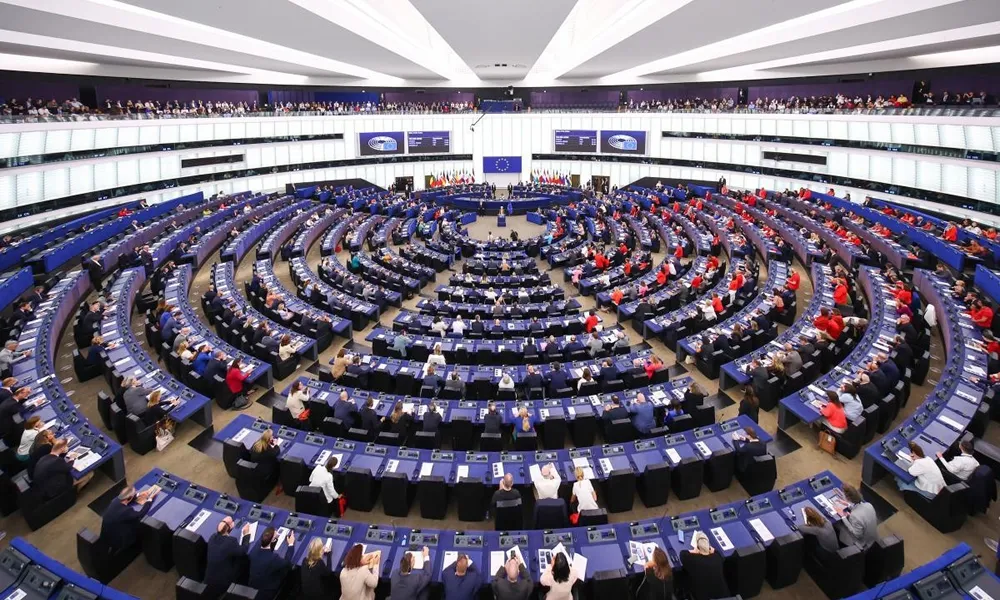The European Parliament has backed legislation to make it easier to remove the right to visa-free travel to the EU from countries posing security risks or breaching human rights.
In a vote on Tuesday, MEPs approved a reform of the EU visa suspension mechanism concerning 61 countries whose nationals can currently travel to the Schengen area without a visa for short stays of up to 90 days in any 180-day period.
The mechanism allows the European Commission to reintroduce visa requirements for a specific country when there are security concerns – first temporarily, pending an investigation and dialogue, and then permanently, if the issues persist.
The grounds include internal security threats (including a rise in serious crimes committed by nationals from the country concerned), substantial increases in unsuccessful asylum applications, entry refusals or numbers of people overstaying their visas.
New grounds for suspension
The reform adds new grounds for triggering a suspension, namely: hybrid threats (such as state-sponsored instrumentalisation of migrants); investor citizenship schemes (or "golden passports") raising security concerns; a lack of alignment with EU visa policy; violations of the United Nations Charter, international human rights or humanitarian law; and failure to comply with international court decisions.
The additions align the grounds for suspension with the grounds for granting the visa waiver in the first place, and aim to create a deterrent effect. Existing grounds, including security concerns and a lack of cooperation on readmissions, will be maintained.
No impunity for third-country government officials
To deter third-country governments from violating the terms of their short-stay visa waiver agreements, the law will give the EU more flexibility to suspend visa freedom for government officials who may bear responsibility for a government’s human rights breaches or other violations.
With the reform, the threshold for assessing “substantial” increases in numbers of people staying without permission or of serious criminal offences will be set at 30%. The threshold for calculating a low recognition rate of asylum application will be set at 20%. In well-justified cases, the Commission will also be able to deviate from these thresholds.
Rapporteur Matjaž Nemec (S&D, Slovenia) said: “Europe remains the world's most visited continent by tourists and business travellers alike, and our visa policy is therefore one of our strongest foreign policy tools. With a modernised suspension mechanism, the EU will be able to suspend visa-free travel in the case of serious human rights violations, and can target suspensions at government officials or other groups. This reformed mechanism reinforces our commitment to human rights and international law.”
Next steps
The legislation, already agreed informally by European Parliament and Council negotiators, was approved in plenary by 518 in favour and 96 against, with 24 abstaining. It still needs to be formally adopted by the Council. It will enter into force 20 days after its publication in the EU Official Journal.
To date, visa freedom has only been revoked once, in the case of Vanuatu.
Cyprus hopeful of entry
The Schengen area guarantees free movement without internal borders to more than 450 million EU citizens, along with non-EU nationals living in the EU or visiting the EU as tourists, exchange students or for business purposes, anyone legally present in the EU.
After Bulgaria and Romania joined in January 2025, the only EU member states not part of Schengen now are Cyprus and Ireland. Four non-EU countries (Iceland, Norway, Switzerland and Liechtenstein) are also part of Schengen.
Cyprus participates in Schengen cooperation, though internal border controls have not yet to be abolished by the European Council. The integration process into the Schengen area is currently underway with President Nikos Christodoulides hopeful that Cyprus may become a full member of Schengen within 2026.
